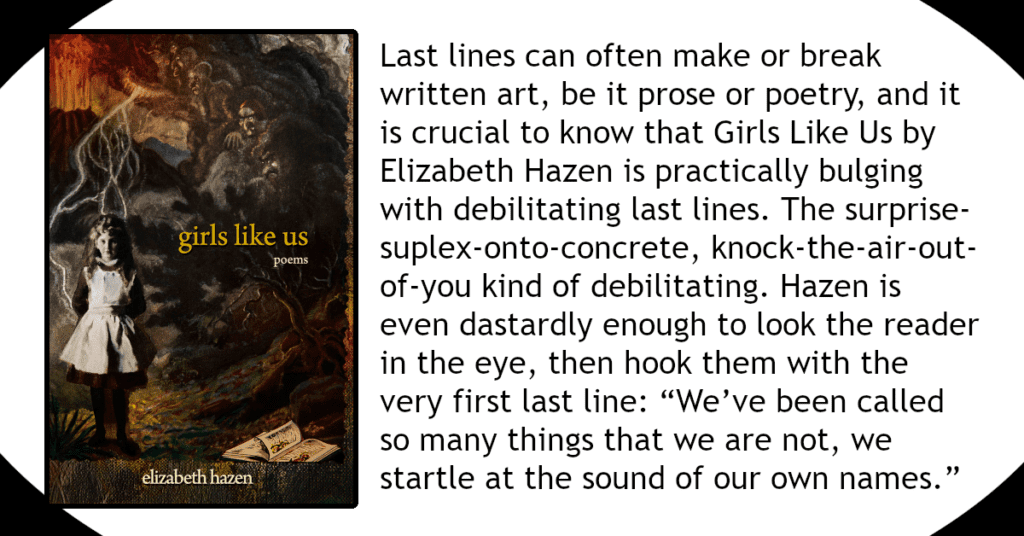“Our Favorite Things”: Katherine E. Young and Natalya Sukhonos Discuss New Poetry Collections
Russophone-connected writers Young and Sukhonos present alternating interviews in this fascinating piece from literary blog, Punctured Lines.
Watch or read this alternating interview between poet and translator Katherine E. Young and Natalya Sukhonos both of which release new collections of original poetry this year. The interview is published by literary blog Punctured Lines.
Young's Woman Drinking Absinthe was launched last Saturday and has since been garnering rave reviews across the web. WDA explores experience, specifically female experience, through a folkloric and impressionistic aesthetic utilizing at once the paintings of Manet, the classic horror tale of Bluebeard, and Euclidean geometry to draw complex portraits which transcend period, region, and genre. Read some of her poems here.
Sukhonos brings her immense poetic and empathic talent to themes of motherhood and loss in her newest collection, A Stranger Home published by Moon Pie Press. She also draws a strong sense of place by exploring "locales ranging from Odessa to San Francisco."
Reuben Jackson Joins WPFW’s “The Sound of Surprise”
Beginning May 1st, Reuben will begin as host of DC radio channel WPFW’s “The Sound of Surprise.” The show runs from 4 to 6pm and Reuben will be alternating every other Sunday with the program’s creator, Larry Appelbaum.
A Book and Its Cover: Rose Solari Reviews Two New Collections of Poetry for WIRoB
Rose Solari’s latest review column for Washington Independent Review of Books tackles two stellar new collections by established small-press poets, Terry Ellen Cross Davis and Dan Beachy-Quick. As with all her reviews, Rose uses a common theme to link the subject matter of the books she is reviewing. This month, she explores how the cover design is mirrored by the poetry and vice versa.
New Review of Girls Like Us: GLU “Bulges with Debilitating Last Lines”
In Lannie Stabile’s new review of Elizabeth Hazen’s second collection Girls Like Us, she raves about the effect of Hazen’s “last lines.” Girls Like Us, she says, is “bulging with debilitating last lines.” Like this one in the opening poem “Devices,” that Stabile points to as like a “hook,” “We’ve been called so many things that we are not, we startle at the sound of our own names.”


